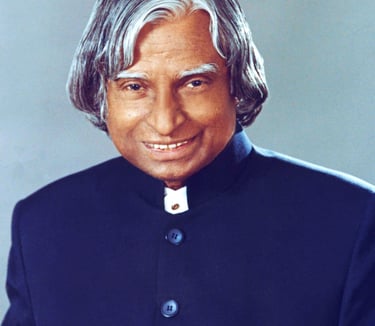UPSC Mains 2017 Q.5) (b) & 2022 Q.3) (b): “If a country is to be corruption free and become a nation of beautiful minds, I strongly feel there are three key societal members who can make a difference. They are father, the mother and the teacher.” – A. P. J. Abdul Kalam. Analyze.
This is a Quote Based UPSC Mains question, that needed to be broken down in smaller chunks and answered accordingly to the keywords and demand of the Question.
GS PAPER 4
7/25/20251 min read


The foundational role of family and school in value education has been deeply emphasized by Pestalozzi (family’s role in early moral development) and Sutherland (institutional role in nurturing ethical values through education).
How Mother, Father, and Teacher Shape a Child’s Character:
Children imitate what they observe at home.
Parents become the first role models whose behavior and actions shape the child’s conduct.Parents lay the foundation of ethics and values.
Core values like honesty, empathy, and integrity are first learned in the home environment.Moral upbringing surpasses legal deterrents.
No law can eradicate corruption as effectively as internal moral checks built through early value education.Home is where character is formed.
A peaceful and nurturing home environment teaches temperance, self-restraint, and builds inner contentment.Teachers serve as moral exemplars.
Beyond textbooks, teachers lead by example, instilling values like discipline, fairness, and compassion.Classrooms shape national destiny.
The ethical and intellectual grooming of children in schools directly impacts the future of the nation.Schools reinforce values through activities.
Co-curricular engagements, including debates, community service, and team sports, inculcate team spirit, respect, and empathy.Example – South Korea:
The country’s emphasis on value-based education, led by committed parents and teachers, fostered a generation driven by discipline, innovation, and hard work, contributing to its rapid socio-economic development.
Conclusion:
Dr. Kalam’s quote underlines the crucial role of upbringing and education in nurturing an ethical society. However, in today’s world, peer groups, social media, television, and films also significantly influence children. Therefore, a collective effort is needed — by parents, teachers, society, and the children themselves — to cultivate a value-driven generation.